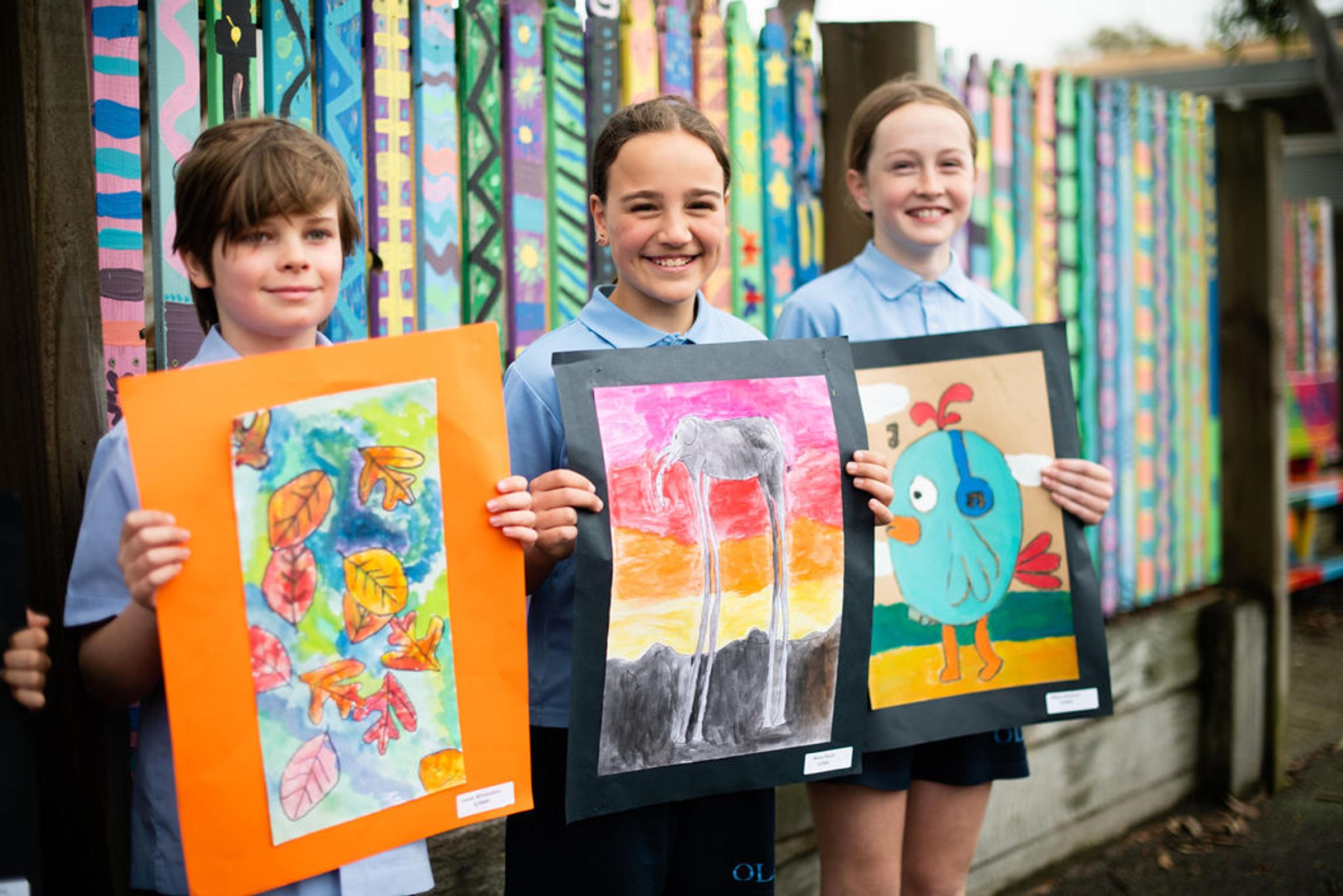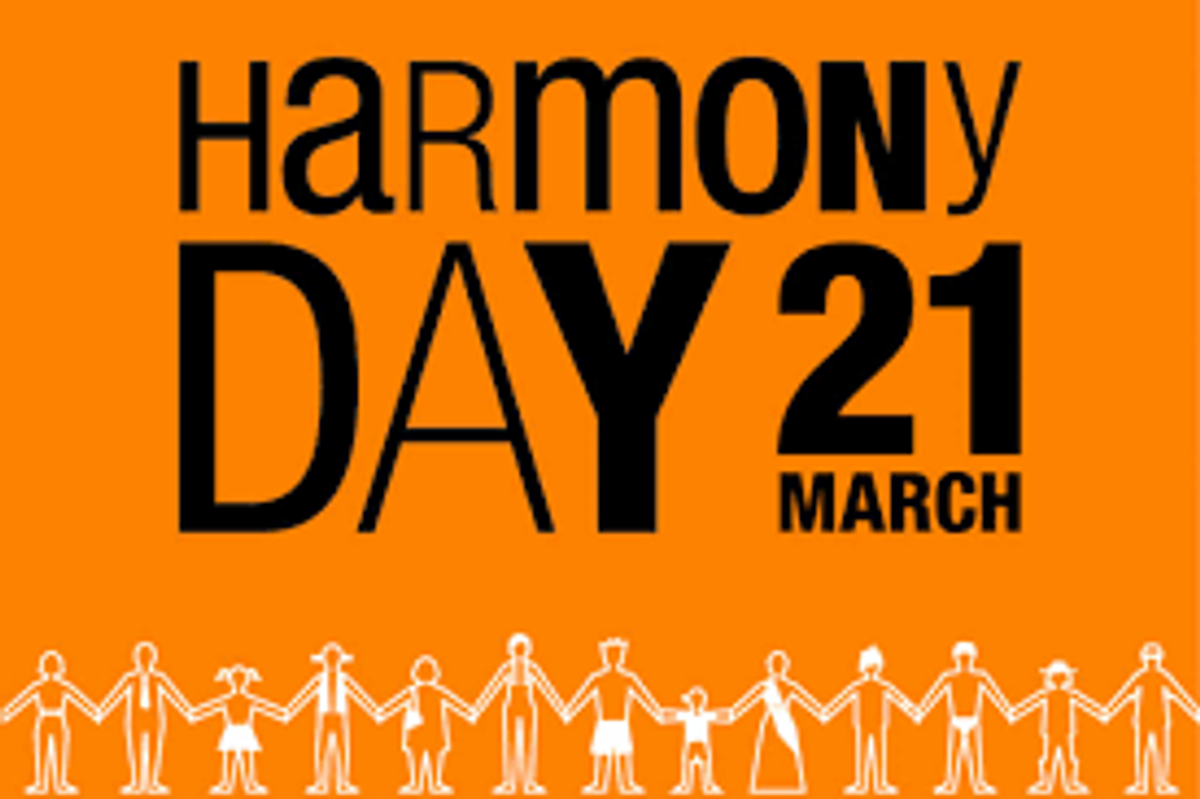Learning & Teaching
Josy Reeder

Learning & Teaching
Josy Reeder


Harmony day is a time to celebrate Australian multiculturalism, and the successful integration of migrants into our community. Australia is one of the most successful multicultural countries in the world and we should celebrate this and work to maintain it. Harmony Week is about inclusiveness, respect and belonging for all Australians, regardless of cultural or linguistic background, united by a set of core Australian values. Traditionally, orange signifies social communication and meaningful conversations. It also relates to the freedom of ideas and encouragement of mutual respect.
We invite our students to wear a touch of orange on Monday 21 March to show their support for cultural diversity and an inclusive Australia. Some suggestions may include: orange ribbon, a piece of orange clothing, orange socks or some orange paper cut outs pinned to clothing. Teachers will also create opportunities within the classrooms for all students to explore Harmony Day and celebrate multicultural Australia.


Once is not enough
Encourage your child to re-read favorite books and poems. Re-reading helps kids read more quickly and accurately.
Dig deeper into the story
Ask your child questions about the story you've just read. Say something like, "Why do you think Clifford did that?"
Review television time
It's difficult for reading to compete with TV and video games. Encourage reading as a free-time activity.
Be patient
When your child is trying to sound out an unfamiliar word, give him or her time to do so. Remind your child to look closely at the first letter or letters of the word.
Play word games
Have your child sound out the word as you change it from mat to fat to sat; from sat to sag to sap; and from sap to sip.
I read to you, you read to me
Take turns reading aloud at bedtime. Kids enjoy this special time with their parents.
Gently correct your young reader
When your child makes a mistake, gently point out the letters he or she overlooked or read incorrectly. Many beginning readers will guess wildly at a word based on its first letter. Mistakes help us to learn!
Talk, talk, talk!
Talk with your child every day about school and things going on around the house. Sprinkle some interesting words into the conversation, and build on words you've talked about in the past.
Write, write, write!
Ask your child to help you write out the grocery list, a thank you note to Grandma, or to keep a journal of special things that happen at home. When writing, encourage your child to use the letter and sound patterns he/she is learning at school.
Josy Reeder
Learning and Teaching Leader